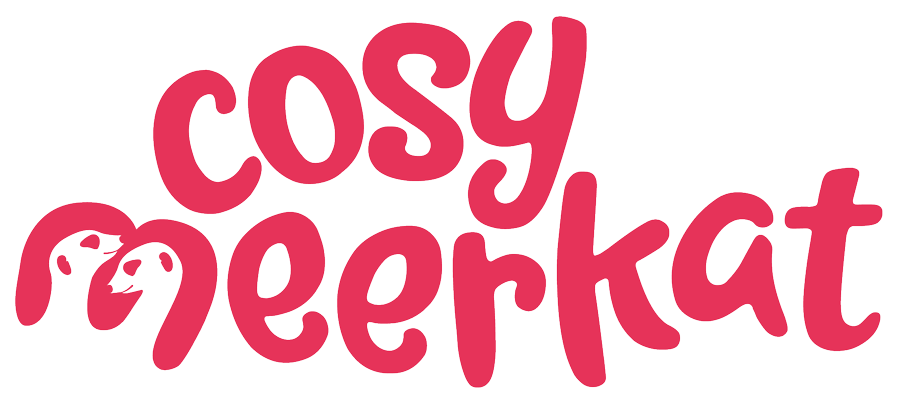The quiet power of internal comms - why we’re the culture keepers
One of the things I’ve learned time and again is that culture doesn’t live in slogans, values posters or all-hands decks. It lives in tone. It lives in pauses. It lives in the countless tiny choices we make every day - the headline softened, the sentence reshaped, the story brought to life rather than left unwritten. And more often than not, those choices pass quietly through the hands of the comms team.
You won’t find it written anywhere, but every internal communicator is also a culture keeper. Not because we own culture, but because we hold it. We notice when something starts to drift. We nudge things back into alignment through language, timing and care. We’re often the first to sense when something doesn’t quite sound or feel like the organisation anymore. Maybe a phrase from a leader that jars, a project that doesn’t match the rhythm of the place, a gut feeling that tells us something is slightly off. That isn’t pickiness, it’s cultural intelligence. It’s an instinct for tone, trust and truth, and I think it’s one of the quiet superpowers of this profession.
Culture keeping is rarely loud or celebrated, it’s not usually part of a grand plan. It’s the quiet, consistent background work that holds a company together. It’s the communicator who chooses a more honest, empathetic message instead of the polished line that would be easier.
It’s the editor who champions a small, genuine story about teamwork instead of relying on big corporate milestones. It’s the person who encourages a leader to take a breath before sharing something, helping them find language that feels more human.
These micro-moments might seem small, but together they create texture, a shared understanding of how we talk to one another and what it feels like to be part of the organisation.
Good communicators are, by nature, culture designers. We build the rhythms and rituals that help people feel connected: weekly notes, all-hands updates, stories that shine a light on what the organisation truly values. These practices give people a sense of flow and belonging. And in a working world that feels increasingly fragmented, digital and fast-moving, these small anchors matter more than ever. Every message, when crafted carefully, quietly reinforces: this is who we are.
There’s emotional work woven through all of this too. Comms often carries the organisation’s mood, translating pressure into empathy and finding ways to hold space for honesty. When leaders are unsure, we help them articulate clarity. When teams are tired, we help them find motivation. When something joyful happens, we help the whole organisation feel it together. It’s invisible work, but deeply human and in my mind, that is the essence of culture.
Being a culture keeper also means holding up a mirror in a way that is gentle but honest. It’s the ability to say, “This doesn’t sound like us,” or “People may hear this differently than you intend.” It’s protecting integrity in language before it slips, because we know that language becomes habit, and then that habit becomes behaviour. That small act of care is part of what keeps a culture healthy.
When communication is working well, you can feel it. Messages sound consistent no matter who is speaking. People might not always love the “what”, but they trust the “why”. The organisation feels connected, not artificially polished, but real, coherent and human. That’s the impact of communication when it’s seen as more than a function; it becomes a feeling.
And the way we work these days - hybrid, constant change, new tech and competing priorities - that feeling of connection is what holds people together. Amid the noise, comms becomes the steady heartbeat. We remind people who they are, what they’re part of and why it matters.
I’m pretty sure you won’t find “culture keeper” on any job spec of an internal comms pro. But if you’ve ever spent more time than anyone realised finding a kinder phrase, or pushed back on a message because you knew it would be interpreted badly, or quietly shaped something so it felt more authentic, then you should be proud that you’re already doing it. You are the invisible hands that keep the organisation’s story true, the voice that helps it sound like itself, and the steady pulse that keeps people connected.
That’s culture keeping. And I genuinely believe it might be the most important work we do.
